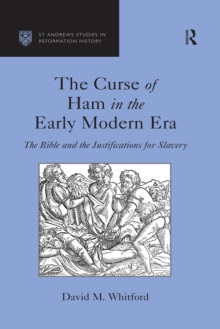
Metrical Psalmody in Print and Practice : English 'Singing Psalms' and Scottish 'Psalm Buiks', c. 1547-1640 EPUB
by Timothy Duguid
Part of the St Andrews Studies in Reformation History series
EPUB
Description
During the Reformation, the Book of Psalms became one of the most well-known books of the Bible.
This was particularly true in Britain, where people of all ages, social classes and educational abilities memorized and sang poetic versifications of the psalms.
Those written by Thomas Sternhold and John Hopkins became the most popular, and the simple tunes developed and used by English and Scottish churches to accompany these texts were carried by soldiers, sailors and colonists throughout the English-speaking world.
Among these tunes were a number that are still used today, including 'Old Hundredth', 'Martyrs', and 'French'. This book is the first to consider both English and Scottish metrical psalmody, comparing the two traditions in print and practice.
It combines theological literary and musical analysis to reveal new and ground-breaking connections between the psalm texts and their tunes, which it traces in the English and Scottish psalters printed through 1640.
Using this new analysis in combination with a more thorough evaluation of extant church records, Duguid contends that Britain developed and maintained two distinct psalm cultures, one in England and the other in Scotland.
Information
-
Download - Immediately Available
- Format:EPUB
- Pages:326 pages
- Publisher:Taylor & Francis
- Publication Date:22/04/2016
- Category:
- ISBN:9781317096962
Other Formats
- Paperback / softback from £53.99
- PDF from £42.11
- Hardback from £135.00
Information
-
Download - Immediately Available
- Format:EPUB
- Pages:326 pages
- Publisher:Taylor & Francis
- Publication Date:22/04/2016
- Category:
- ISBN:9781317096962










